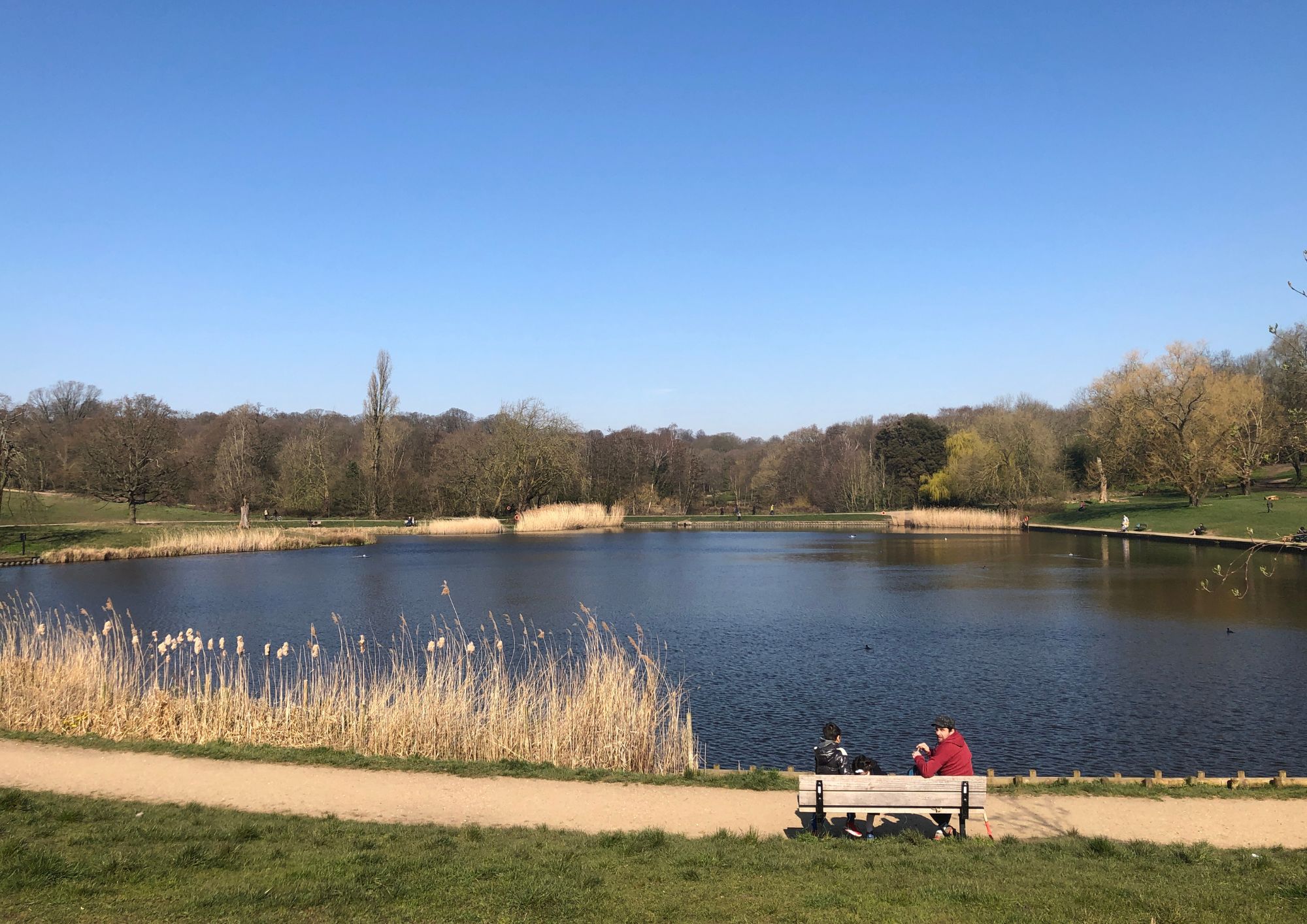Managers plan dramatic funding shake-up for Hampstead Heath
Will there be a wave of paid-for events, fee hikes and commercialisation on the famous open space?
Tuesday, 18th March 2025 — By Dan Carrier

Hampstead Heath
HAMPSTEAD Heath could face a wave of paid-for events, fee hikes and commercialisation as the City of London explores how the open space can pay for its upkeep.
A confidential report, leaked by a City insider to civic groups two weeks ago, recommends the City steps back from funding charities it uses to run its open spaces.
Under the plans, the Heath could see an increase in the number of ticketed shows and raised prices for pond swims and Lido dips.
The City is the sole corporate trustee of eight open space charities covering over 11,000 acres in London, which attract more than 47 million visits every year.
They bankroll the Heath’s upkeep to the tune of around £5m annually – and the report, drawn up by the Finance Committee in December, outlines how they believe the City’s reputation puts potential donors off.
It claims by having a more arms-length relationship, they could reduce their financial responsibilities.
The City took on the management of Hampstead Heath after the dissolution of the GLC and has bankrolled the open space to the tune of £5m a year.
But they have sought to claw back income, breaking a centuries-old tradition by introducing swim fees and formalising keep-fit clubs and professional dog walkers.
The report said the current model saw possible funders “frequently assume” the City will foot the bill and don’t offer support.
The report added: “While the City will remain the sole trustee…their public identity should be primarily as charities rather than the City of London Corporation. This is considered key to improved success in grant applications, sponsorship, community support and other income streams.”
The report adds it could try to scoop funding from the Community Infrastructure Levy and Section 106 agreements, which are deals struck with developers to contribute to neighbourhoods via the Town Hall.
In December 2023 the City’s Finance Committee set up the review to look at how charities manage open spaces.
The review says the City would “continue to retain a level of financial responsibility” while ensuring each charity can “maximise its fundraising potential”.
The Heath would be funded under the new terms from April 2026, taking into account the charity’s fundraising potential – with the aim of reducing the grant over time.
“The fundraising strategy will critically estimate fundraising potential for each site, which will then be used to inform future grant settlements for each charity,” they add.
The Heath has greater scope than ever before to raise funds after an act of Parliament gave the City more flexibility to monetise the open space.
And its worldwide reputation offers opportunities.
Filming the smash hit rom-com Bridget Jones Diary: Mad About The Boy last year on Parliament Hill Fields gave the City a windfall, with film firm Universal Pictures paying £87,000 to shoot sections of the Renee Zellweger comedy on the Heath.
The charity also received an extra £385,000 from swimmers using the ponds and the Lido, and a further £70,000 from car parking after a new number plate camera system was installed.
Volunteers also donated nearly 14,000 hours of unpaid work on the Heath in 2024.
The Heath and Hampstead Society’s chairman Marc Hutchinson declined to comment directly on its contents, adding: “The Society can at this stage only make this public comment: We are in ongoing confidential discussions with the City about the proposals and their potential impact on the finances of the Heath.”
A spokesperson for the City of London Corporation said: “For over 150 years, the City Corporation has been the proud conservator and corporate trustee for some of the UK’s most treasured green spaces.
“With 47 million visitors a year, our open spaces charities have long generated income from a range of sources to meet growing demand.
“To ensure their long-term sustainability, a review is being carried out to strengthen their funding models and governance.
“This will give them greater flexibility to operate, generate and retain income, invest in conservation, and enhance services.
“It will ensure they have a resilient future, and continue to thrive as places of natural beauty and community benefit.
“We remain committed to protecting and preserving these sites forever – they are a lifeline for so many, and we will continue to invest in them and champion their future.”